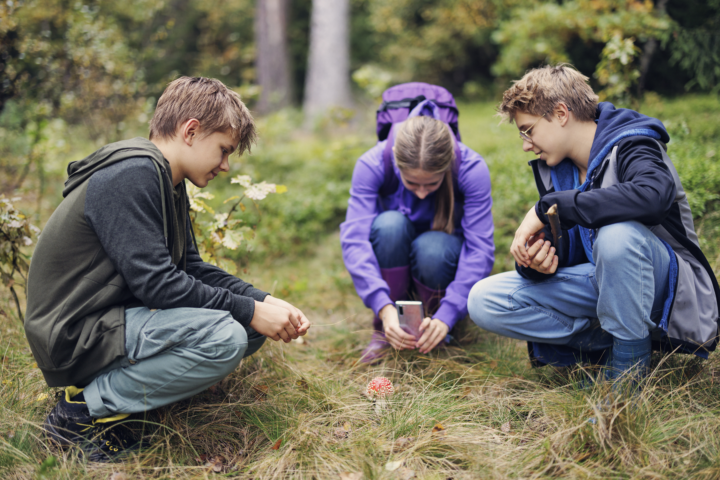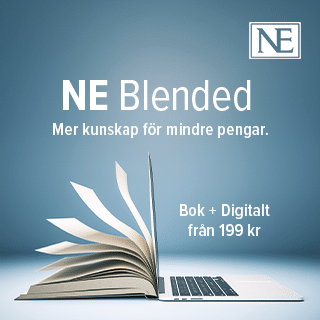Extramural English Matters: Out-of-School English and Its Impact on Swedish Ninth Graders’ Oral Proficiency and Vocabulary
Pia Sundqvist
Professor Solveig Granath, universitetslektor Hugo Wikström, universitetslektor June Miliander
Professor emeritus Magnus Ljung
KaU – Karlstads universitet
2009-12-18
Extramural English Matters: Out-of-School English and Its Impact on Swedish Ninth Graders’ Oral Proficiency and Vocabulary
Estetisk-filosofiska fakulteten
Extramural English Matters: Out-of-School English and Its Impact on Swedish Ninth Graders’ Oral Proficiency and Vocabulary
The present study examines possible effects of extramural English (EE) on oral proficiency (OP) and vocabulary (VOC). The study is based on data collected from Swedish learners of ESL in grade 9 (aged 15-16; N=80; 36 boys, 44 girls) over a period of one year. EE was defined as linguistic activities that learners engage in outside the classroom in their spare time. EE was measured with the help of a questionnaire and two language diaries, each covering one week. In the diaries, the learners recorded how much time they had spent on seven given EE activities (reading books, reading newspapers/magazines, watch ing TV, watching films, surfing the Internet, playing video games, listening to music). There was also an open category. Speech data were collected with the help of five interactional speaking tests; learners were in random dyads on each occasion. Each student performance was assessed by three raters with the help of a profile scheme, resulting in an overall grade. Based on these grades from the tests, a mean grade for OP (the OP grade) was calculated for each student. OP was defined as the learner s ability to speak and use the target language in actual communication with an interlocutor. Learners VOC was measured with an index variable based on the scores on two written vocabulary tests. For a selection of ten learners, additional analyses were made of oral fluency and the use of advanced vocabulary in speech. A mixed methods research design was used, but the lion s share of data was analyzed using inferential statistics.Results showed that the total amount of time spent on EE correlated positively and significantly (p < .01) both with learners level of OP and size of VOC, but that the correlation between EE and VOC was stronger and more straightforward than the one between EE and OP. The conclusion drawn was that although EE impacts both OP and VOC, the causal relationship is more salient in the case of VOC. Results also showed that some activities were more important than others for OP and VOC respectively; i.e., the type of EE activity mattered. EE activities that required learners to be more productive and rely on their language skills (video games, the Internet, reading) had a greater impact on OP and VOC than activities where learners could remain fairly passive (music, TV, films). An important gender difference was identified. Boys spent significantly more time on productive EE activities than girls; therefore, EE had a greater impact on OP and VOC for boys than for girls. Four background variables were also studied. The conclusion was that EE is an independent variable and a possible path to progress in English for any learner, regard less of his or her socioeconomic background.
Relaterade länkar

Biologi
 Åk 7–Vux
Åk 7–Vux Hållbar utveckling i förskolan
 Fsk
Fsk 






